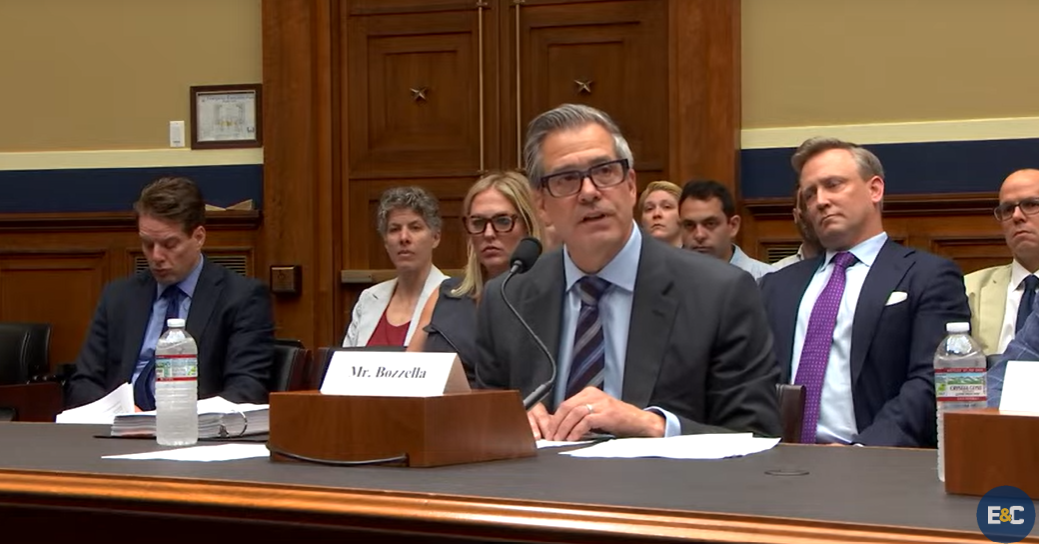Exhausted Aussie Teacher Resigns, Citing Alarming Literacy Crisis Linked to Tech Overload

Aussie educators are echoing concerns raised across the globe as one US teacher's dramatic resignation has sparked a fierce debate about the impact of technology on children's learning and development. Maria, a veteran teacher, recently quit her position, citing a deeply troubling decline in her students’ literacy skills and overall behaviour, and pointing the finger squarely at excessive technology use.
“It’s heartbreaking to witness,” she stated in a viral video. “These kids can’t even read. They struggle with basic comprehension, and their attention spans are practically non-existent.” Her sentiments are resonating with many educators here in Australia who are witnessing similar trends.
The Tech Trap: A Growing Concern
Maria's core argument is that the pervasive presence of technology – smartphones, tablets, and endless streaming services – is directly contributing to a decline in literacy rates. She argues that constant exposure to screens short-circuits the brain’s natural pathways for developing language skills. Children are passively consuming content rather than actively engaging with books and written materials.
“Technology is directly contributing to the literacy decrease we are seeing in this country right now,” Maria explained. “We need to drastically reduce their exposure to it, especially in the early years. We need to cut them off from it, essentially, to give them a chance to catch up.”
Echoes in the Australian Classroom
While the resignation occurred in the US, the concerns are far from isolated. Australian teachers are reporting similar struggles – difficulties with reading comprehension, declining writing skills, and a marked increase in behavioural issues in the classroom. The always-on nature of technology is also impacting classroom management, with students battling constant distractions.
“We’re seeing kids who are glued to their screens even during lessons,” says Sarah, a primary school teacher in Melbourne. “It’s incredibly difficult to compete with the instant gratification of a video game or social media. They’re losing the ability to focus and engage in deep learning.”
Beyond Literacy: Broader Developmental Impacts
The consequences extend beyond just literacy. Experts warn that excessive screen time can hinder social-emotional development, impact sleep patterns, and contribute to anxiety and depression. The lack of face-to-face interaction can also limit the development of crucial social skills.
Finding a Balance: Practical Solutions
While a complete ban on technology is unrealistic and potentially counterproductive, experts suggest a more balanced approach. Here are some strategies parents and educators can implement:
- Establish Screen-Free Zones: Designate mealtimes, bedrooms, and certain hours of the day as technology-free.
- Promote Reading: Encourage reading for pleasure and make books readily available.
- Outdoor Activities: Prioritise outdoor play and physical activity.
- Mindful Technology Use: Teach children about responsible technology use and digital citizenship.
- Parental Modelling: Parents should model healthy technology habits themselves.
The Future of Learning
Maria’s resignation is a wake-up call. It underscores the urgent need for a national conversation about the role of technology in children’s lives and its impact on their education and development. Finding a balance between leveraging technology’s benefits and mitigating its potential harms is crucial for ensuring the future success of our children.





